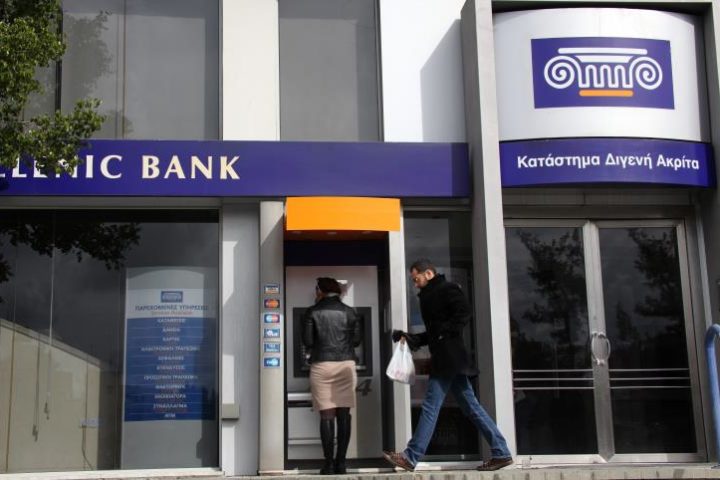Cyprus’ high overall indebtedness continues to limit Cypriot banks’ growth potential and elevates economic vulnerability, a credit negative for banks, Moody’s argues.
It follows reports that Cypriot banks had sold or transferred €19.2 bln of loans, mainly nonperforming exposures (NPEs), to asset management companies and that borrowers subsequently settled less than 10%, or €1.8 bln, through cash repayments or debt to asset swaps, with the remaining €17.4 bln still outstanding.
The Central Bank of Cyprus Governor Constantinos Herodotou disclosed these figures to parliament.
Although outside the banking system and not part of banks’ balance sheets, the NPEs remain part of the economy’s overall debt burden.
“Very high private-sector debt makes the economy vulnerable to shocks and limits the number of attractive lending opportunities for banks, constraining their loan growth.
“Significant private-sector debt is also a potential drag on private consumption once borrowers who have defaulted begin to service or repay the current large stock of NPEs,” said a Moody’s analysis.
According to central bank data on bank loan exposures, the ratio of domestic private-sector exposures to GDP was 92% as of September 2021, one of the highest ratios across European economies, but down from 192% at the end of 2017.
The improvement mainly reflects the sale and transfer of NPEs outside the banking system to asset management companies.
“Herodotou’s comments suggest that €17.4 bln of loans held by asset management companies remain outstanding, indicating a limited reduction in overall indebtedness over the past three years.
“Adjusting for the outstanding loans held by asset management companies, the ratio of total private-sector loans rises to 174% as of September 2021, suggesting a limited decline in overall debt and limited deleveraging by households and companies over the period.”
Asset management companies began to acquire loans in Cyprus in 2018 when almost €6.4 bln of the NPEs of the now resolved Cyprus Cooperative Bank Ltd (30% of system NPEs as of the end of 2017) were transferred to state-owned asset management company KEDIPES and thereby removed from the banking system.
Hellenic Bank acquired the bank’s remaining €9.3 bln of assets (it held €6.9 bln previously) and related liabilities from the government, including €3.6 bln of performing loans (versus €2 bln previously).
The other large transactions involved three large outright NPE sales to private investors, in 2019 and 2021, by Bank of Cyprus for a combined book value of €4.7 bln (or 22% of system NPEs as of the end of 2017).
The first two transactions were broadly capital-neutral because of adequate provisioning by the bank.
The most recent transaction, announced on 15 November, was capital-additive.
“Despite difficult market conditions, Cypriot banks’ loan quality is improving because banks have been reducing their legacy problem loans by selling or transferring them to asset management companies.
“The banks’ next challenge will be to strengthen their still low profitability.
“High levels of overall indebtedness, combined with a small, saturated market that limits growth potential, means that profitability is likely to take longer to recover than peers, for example in Greece and other European countries.”









